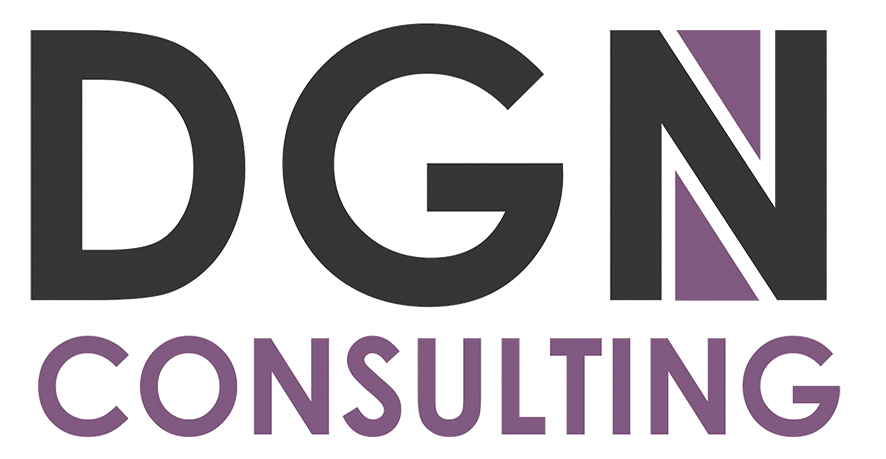In a business environment where companies often juggle fragmented legal, accounting, and tax services, DGN Consulting is making a bold move: it is not just a service provider but a true strategic partner. This vision, say Shorena Imesashvili DGN Managing Partner, stems from recognizing a fundamental flaw in the Georgian market—too many businesses were paying for services that added complexity rather than clarity.
“Accounting reports were being produced but not used for decision-making. Tax advisors were called in only after costly mistakes had already happened,” Shorena explains. “The standard model was broken.”
DGN Consulting’s answer has been to build a model where accounting and tax services are designed to be inherently useful for management. Reports are not just compliant documents, but tools for strategic decisions. Tax experts are involved at the planning stage, helping to prevent issues rather than patch them later. In short, the company seeks to transform professional services into an engine for sustainable growth.
Building Partnerships, Not Transactions
Convincing clients that DGN is a long-term partner rather than a short-term contractor is less about selling and more about earning trust.
“We approach it much like a friendship,” Shorena says. “You don’t convince someone to be your friend; you build a relationship based on trust, mutual understanding, and reliability. The long-term partnership with our clients develops in the same organic way.”
This philosophy shapes how DGN works with clients. The firm invests heavily in understanding each client’s business, challenges and ambitions. Delivering technically correct work is only the baseline; reports and advice must be clear, comfortable to use and genuinely actionable for management. Over time, this consistency evolves formal client engagements into collaborative partnerships.
“We become the people they turn to for advice, confident that we understand their context and are invested in their success,” Shorena emphasizes.
Cultivating the Next Generation
Big part of DGN’s strategy is raising young professionals alongside experienced experts. While technical skills matter, the firm’s real focus is on creating a mindset.
“For us, a consultant isn’t just someone who completes a task,” they explain. “It’s someone who immerses themselves in the client’s business, understands their true needs and delivers advice that is impactful.”
Young professionals are mentored directly by senior partners, not only in technical proficiency but also in thinking like a strategic advisor.
Breaking Down Silos
Many companies still rely on separate providers for legal, tax and accounting services. DGN argues that this fragmentation may create blind spots, inconsistent advice and missed opportunities.
Instead, its model integrates these functions under one entity. Clients benefit from:
• Strategic clarity: every piece of advice is aligned across legal, financial and tax dimensions.
• Proactive planning: opportunities for tax optimization and efficient structuring are spotted early.
• Unified accountability: a single partner assumes responsibility, reducing risks and enhancing communication.
Who Needs High-Level Consulting?
Looking ahead, DGN believes demand for high-quality consulting will not be driven by industries alone, but by ambition. The firm identifies three profiles where needs are intensifying:
1. The Global Expander (IT sector): tech firms scaling internationally, needing guidance on tax structuring, transfer pricing and IP protection.
2. The Market Innovator (future-facing sectors)
3. The Emerging Challenger (SMEs): startups with rapid growth ambitions, requiring guidance on governance, scalable financial structures and investment readiness.
4. Established Small and medium businesses, who require optimization, want to optimise the processes
“So, the future demand isn’t about the sectors in general, but about the most ambitious companies within them,” the firm explains, “These are the businesses that understand integrated professional services are not just an expense but an investment in their success,” Shorena notes.

Technology as a Tool, Not a Threat
While automation and AI are reshaping industries, DGN sees technology as an enabler rather than a competitor. Software has already improved efficiency, with clients gaining direct online access to financial data and dashboards. But the firm stresses that human judgment remains irreplaceable.
“The reality is that technology is not a straightforward plug-and-play solution; its value is unlocked only with the right human expertise to guide its implementation and use. The process requires a deep understanding of both the technology’s capabilities and the client’s unique needs,” Shorena notes.
In this sense, automation validates DGN’s model: as machines take over repetitive tasks, consultants are freed to deliver higher-level strategic insight.
Local Roots, Global Standards
The partners’ experience at international Audit companies gave them valuable insights into balancing global practices with local realities. Large firms bring structure and quality control but can be inflexible. DGN applies the essential principles, rigor, discipline, high standards, while retaining the agility needed for Georgia’s market.
This duality, they argue, allows them to offer “the organizational discipline and high standards learned from international practice, but within a flexible, client-centric structure designed for the Georgian business environment.”
Regional Ambitions
As Georgia solidifies its role as an investment hub for the South Caucasus, DGN Consulting sees an opportunity to expand regionally. But the firm insists growth will never come at the cost of quality.
For now, their focus remains clear: to provide clarity where others create complexity, and to prove that consulting, when done right, is not a box-ticking exercise but a partnership for growth.
By Mariam Razmadze















